
First-Time Home Buyers Beware: 10 Costly Mistakes to Avoid for a Happy Homeownership Journey
Tuesday Apr 18th, 2023
First-Time Home Buyers Beware: 10 Costly Mistakes to Avoid for a Happy Homeownership Journey.
1. Not Getting Pre-Approved for a Mortgage
One of the biggest mistakes first-time home buyers make is not getting pre-approved for a mortgage before starting their home search. Pre-approval helps you understand your budget and shows sellers you're a serious buyer. Without pre-approval, you may waste time looking at homes outside your price range or miss out on a great deal because you weren't ready to make an offer. To avoid this mistake, work with a lender to get pre-approved for a mortgage. This process involves submitting your financial information and credit score to a lender, who will then determine how much you can afford to borrow. Once you have pre-approval, you can start your home search with confidence.
2. Skipping the Home Inspection
Another common mistake first-time home buyers make is skipping the home inspection. A home inspection is an important step in the home-buying process as it can reveal hidden problems or defects that may be costly to repair. Skipping the inspection may save you money upfront, but it can cost you in the long run if you discover issues after you've purchased the home. To avoid this mistake, always get a home inspection before closing on a property. A professional home inspector can identify issues with the home's structure, plumbing, electrical, and other systems. If major issues are found during the inspection, you can negotiate with the seller for repairs or a lower price.
3. Not Researching the Neighborhood
Buying a home isn't just about the property itself; it's also about the neighbourhood. First-time home buyers often make the mistake of not researching the area before making an offer. You may love the home, but if the area doesn't fit your lifestyle, you may not be happy in the long run. To avoid this mistake, research the neighbourhood thoroughly before making an offer. Visit the area at different times of the day to get a sense of the community and its amenities. Look at crime rates, school districts, and other factors that are important to you. Make sure the neighbourhood fits your lifestyle before making an offer.
4. Not Budgeting for Closing Costs
Closing costs are fees associated with buying a home that is paid at closing. Many first-time home buyers make the mistake of not budgeting for closing costs, which can add up quickly. Closing costs typically range from 2% to 5% of the home's purchase price. To avoid this mistake, budget for closing costs when you're planning your home purchase. Your lender should provide you with an estimate of your closing costs so you know what to expect. Make sure you have enough money set aside to cover these costs so you're not caught off guard.
5. Making A Large Purchases Before Closing
Once you've been pre-approved for a mortgage, it's important to avoid making large purchases that can affect your credit score or debt-to-income ratio. Many first-time home buyers make the mistake of buying a new car or furniture before closing on a home, which can impact their ability to secure a mortgage. To avoid this mistake, hold off on making any large purchases until after you've closed on your home. Your lender will check your credit score and debt-to-income ratio before closing, and any changes to your finances can impact your ability to secure a mortgage.
6. Not Factoring in Maintenance Costs
Owning a home comes with maintenance costs that many first-time home buyers don't consider when budgeting. From routine maintenance like lawn care and HVAC servicing to unexpected repairs like a leaky roof or a broken appliance, these costs can add up quickly. To avoid this mistake, factor in maintenance costs when you're budgeting for your home purchase. A general rule of thumb is to set aside 1% to 2% of the purchase price each year for maintenance and repairs. Make sure you have enough money set aside for unexpected expenses so you're not caught off guard.
7. Focusing Too Much on Cosmetic Upgrades
Many first-time home buyers focus too much on cosmetic upgrades like new paint or flooring and overlook more important upgrades like a new roof or updated electrical wiring. While cosmetic upgrades can make a home look nicer, they don't necessarily improve its value or function. To avoid this mistake, prioritize upgrades that improve the home's function and value. Focus on upgrades like a new HVAC system, updated plumbing, or energy-efficient windows. These upgrades can save you money in the long run and increase the value of your home.
8. Not Working with a Buyer's Real Estate Agent or One at All
One of the most common mistakes first-time homebuyers make is not working with a buyer's real estate agent. While it is possible to buy a home without an agent, it can be a daunting and time-consuming process, and not having an agent may put you at a disadvantage during negotiations. A good agent can help you navigate the complex home-buying process, find properties that meet your criteria, and negotiate on your behalf. It's important to find an agent who is reputable, knowledgeable about the area you're interested in and has a proven track record of success. It's also important to avoid using the same agent who is representing the seller, as their loyalty may be divided. Look for an agent who is solely representing your interests and who understands your needs and budget. By working with a buyer's real estate agent, you can ensure that you're getting the best possible deal on your new home.
9. Overlooking Resale Value
While you may be focused on finding your dream home, it's important also to consider the home's resale value. You never know when you may need to sell your home, and a home with a high resale value can be a valuable asset. To avoid this mistake, consider the home's location, size, and condition when assessing its resale value. Look for homes in desirable neighbourhoods with good school districts and plenty of amenities. Also, consider the condition of the home and any upgrades or renovations that may impact its resale value.
10.Rushing the Process
Buying a home is a big decision, and it's important to take your time and not rush the process. Don't feel pressured to make an offer on the first home you see, and take the time to research and inspect any homes you're interested in thoroughly. Rushing the process can lead to costly mistakes and buyer's remorse.
Buying your first home is an exciting milestone, but it's important to avoid these common mistakes. By getting pre-approved for a mortgage, researching the neighbourhood, budgeting for closing costs and maintenance, prioritizing important upgrades, and working with a real estate agent, you can make the home-buying process smoother and more successful.


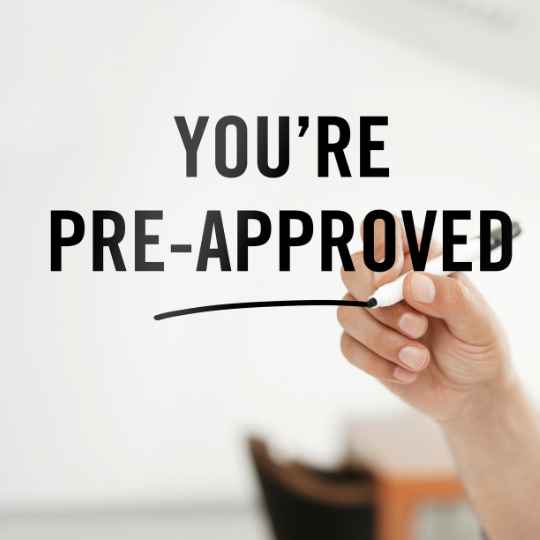
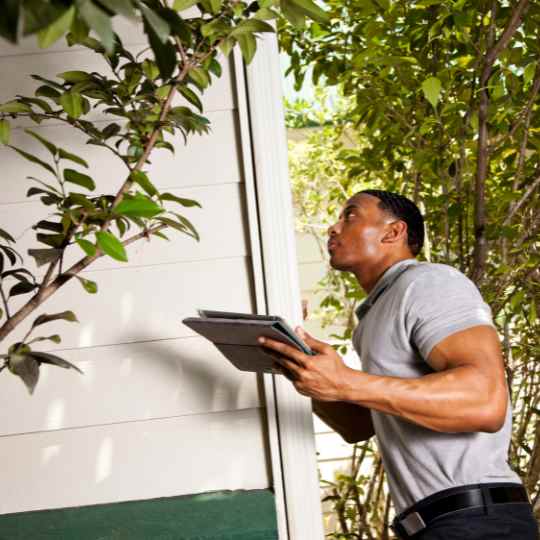



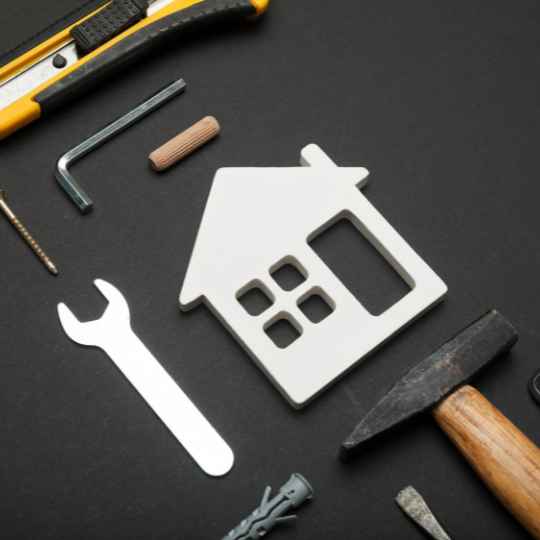

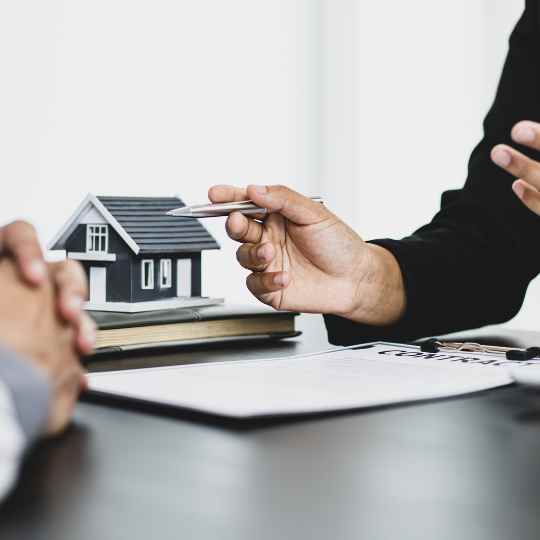
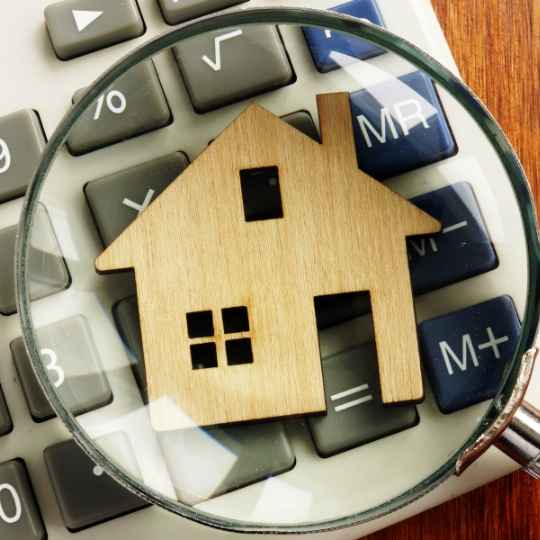


Post a comment